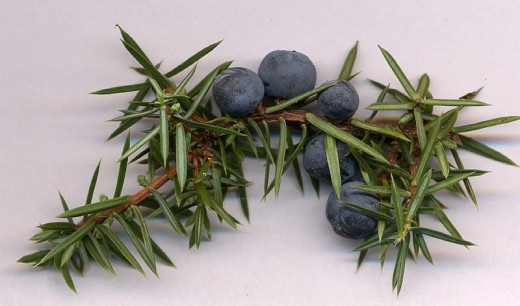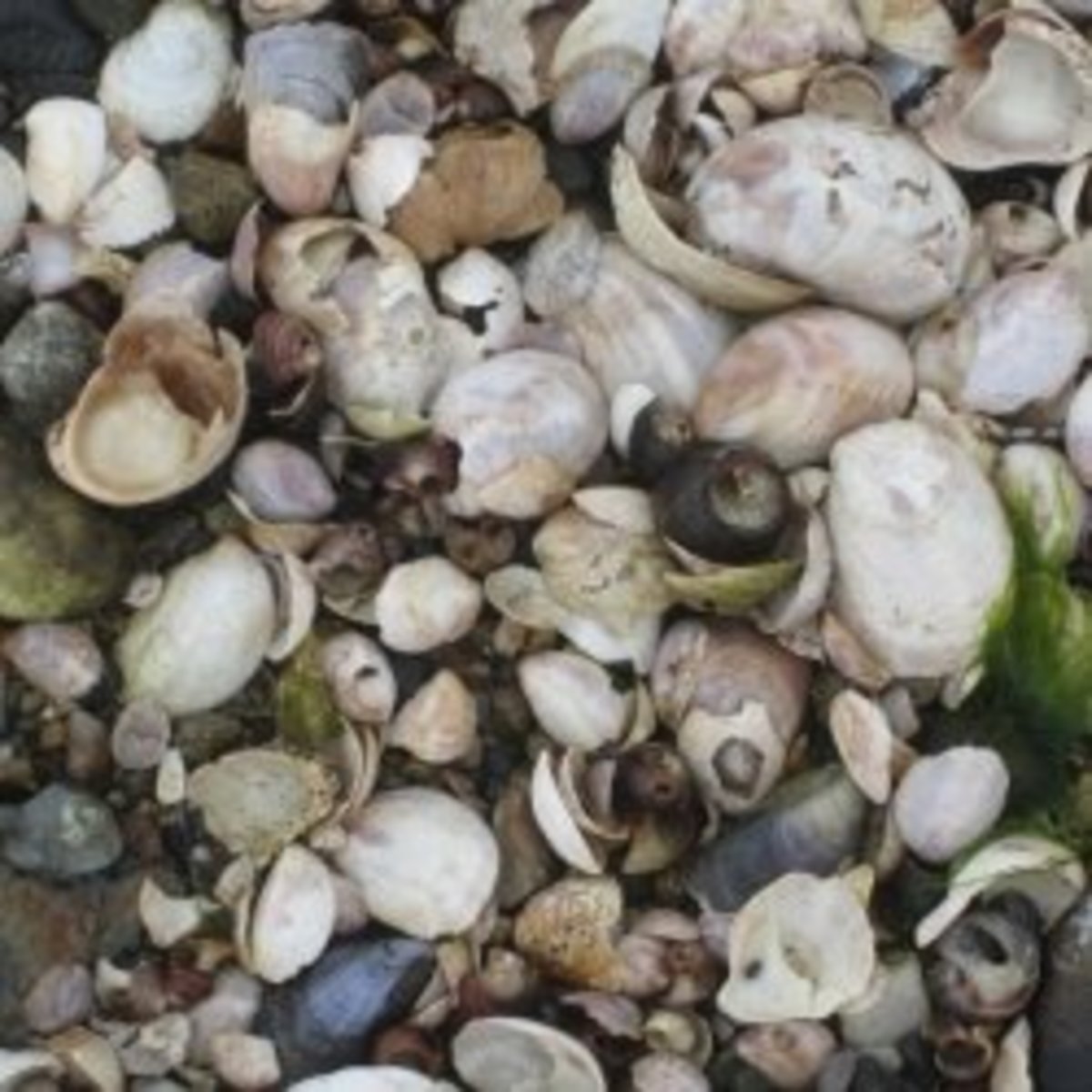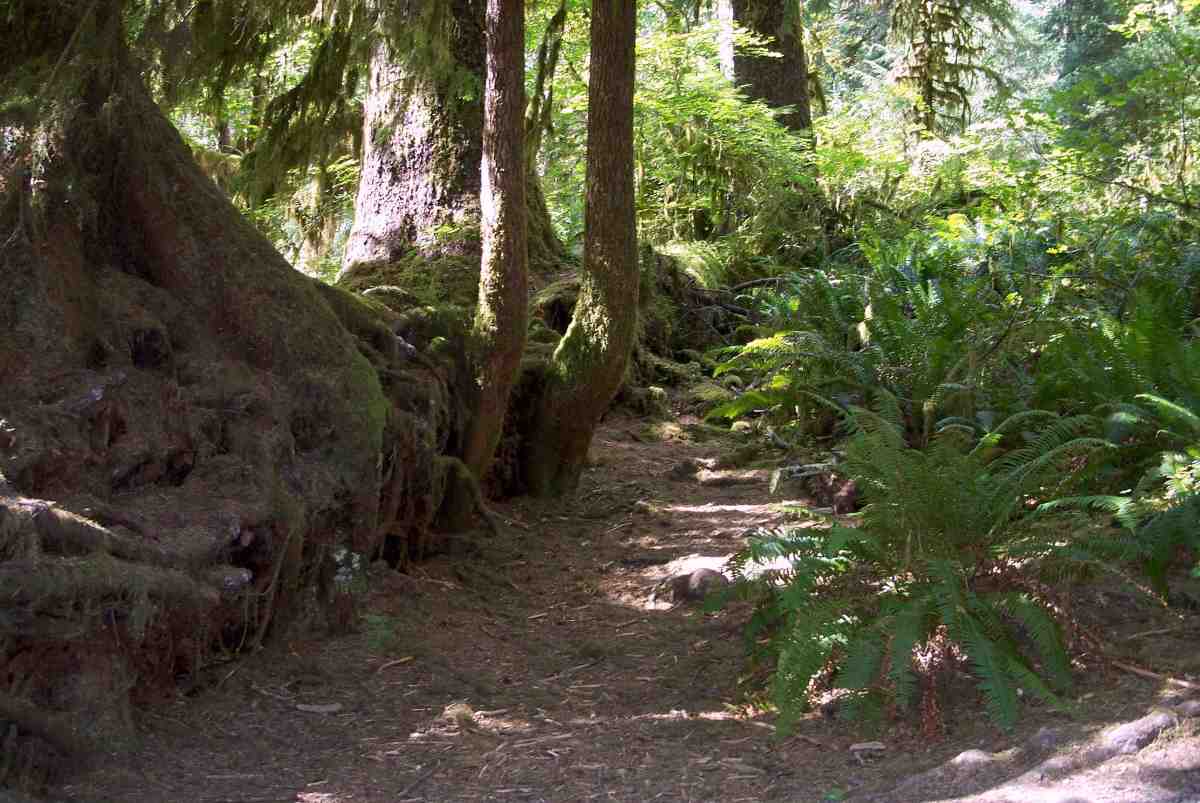The Juniper tree - an ecological story about Donovan, Brian May and rabbits
Jennifer Juniper - was a hit song
The singer-songwriter Donovan once had a catchy hit entitled Jennifer Juniper back in the sixties that went: “Jennifer Juniper lives upon the hill…”
This is a very suitable descriptive image, because in the UK, it is only upon the hilly moors and in the piney woodlands of the Scottish Highlands, where the juniper tree is now at all common, apart from those planted for their ornamental value in parks and gardens.
So, why should this be and what does it matter anyway? What is so important about the Juniper tree?
Poll about Donovan's songs
Do you like Donovan and his songs?
Juniper described
Well, for a start the Juniper (Juniperus communis) is a very useful tree or shrub, which is probably best known as the flavouring for gin. But it is also a very valuable herbal medicine, being antiseptic and also excellent for digestive problems. It has also been used by herbalists to treat arthritis, gout and rheumatism.
Culpeper
The berries are the parts that are used and that master herbalist Nicolas Culpeper states that “There is no better remedy for wind in any part of the body, or the colic, than the chymical oil drawn from the berries.” He also recommended it for “coughs, shortness of breath, consumption, pains in the belly, rupture, cramps, convulsions and speedy delivery to pregnant women.”
The fruits are usually collected by beating the bushes so that the berries fall onto a ground-sheet below. They are green at first but turn a blue-black when ripe but it takes them as long as two years to mature.
Besides the UK, Juniper is also found growing wild in many parts of Europe, Asia and North America. It is an evergreen coniferous shrub or small tree and tends to be found on heaths, moors and mountainsides. In warmer places within its range, such as parts of the Mediterranean, the Juniper berries have a stronger and sweeter flavour.
Donovan - Jennifer Juniper (1968 color clip)
Juniper

Herb of Protection
Juniper has been regarded as herb of protection. In the Bible: “Elijah went a day’s journey into the wilderness and came and sat down under a Juniper tree” (1 Kings 19:4). In Europe in medieval times it was believed that burning the wood would drive away evil spirits and protect people from catching the plague.
A superstition back then held that if a Juniper tree was cut down that death would follow in a year to someone in the family of the person who felled it.
Culpeper further recommended it as na antidote to poisons and “excellent against the biting of venomous beasts.”
Brian May and the El Hierro Juniper
There is an endemic species of Juniper in the Canary Islands. J. canariensis often grows into weird shapes over a period of very many years in exposed and windy locations and is known as the Sabina tree. There is one in the island of El Hierro that has become a tourist attraction because it looks so strange.
Queen
Legendary Queen guitarist made the news in the Canary Islands in January, 2012, because he spoke out on his website against damage being done to this tree by thoughtless tourists, some of whom climb on to it.
Brian May is a regular visitor to Tenerife and the Canary Islands. He was fist interested in Tenerife because of its observatory because astronomy is a subject he is passionate about. He is also a nature lover and environmentalist as well as an extremely talented tock musician so it is not surprising he takes an interest in the trees of the islands.
Food For Free
But getting back to the decline of the tree in its natural habitat, this is where a good example of how one species can affect another in a good or bad way, and how it is so important not to disturb the ecological balance, can be demonstrated.
Richard Mabey
Author Richard Mabey points out in his classic book Food For Free, that once upon a time rabbits were common everywhere and that they used to keep the growth of other scrub and vegetation down in areas where the Juniper flourished.
Mabey has included Juniper because besides being a medicinal herb the berries have their uses in the kitchen. They can be added to pickles, sauces, chutneys, marinades, patés and sauerkraut. Juniper essential oil is also used in cosmetics and in the perfume industry.
The rabbits presumably didn’t like eating the Juniper because it is so tough and spiky. Since the deadly plague of myxomatosis has wiped so many out, there have been no natural herbivorous animals present in these places to keep the plant growth in check, and so the poor slow growing Juniper has been choked out of existence by the hardier Hawthorns, Elders and suchlike.
This also shows that although there are those that believe that rabbits and their warrens are destructive to the land and regard the animal as a pest, in this case, the rabbit was playing its part in the natural balance by being the protector of a valuable and ornamental tree.
So let’s drink a toast to the humble bunny! Make mine a Gin and Tonic!
© 2012 Steve Andrews



